News
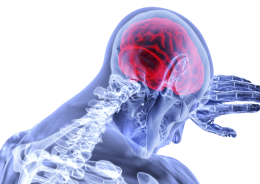
Dexamethasone should be avoided in patients with chronic subdural haematoma
A commonly-used treatment for chronic subdural haematoma could lead to a worse outcome than receiving no medication. Read more

Symptoms of depression linked to increased risk of heart disease and stroke
People who experience symptoms of depression are more likely to go on to develop heart disease or suffer a stroke than those who report good mental health.Read more

Apathy could predict onset of dementia years before other symptoms
Apathy – a lack of interest or motivation – could predict the onset of some forms of dementia many years before symptoms start. Read more
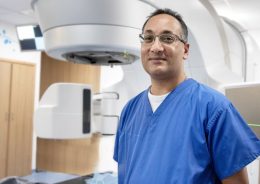
AI speeds up cancer treatment
Doctors aim to drastically cut cancer waiting times using artificial intelligence to automate lengthy radiotherapy preparations.Read more

Rhythm and bleughs: how changes in our stomach’s rhythms steer us away from disgusting sights
Disgust is a natural response to unpleasant sights, but for some people, disgust can become pathological, affecting their mental health and quality of life.Read more
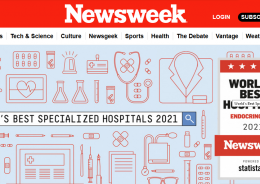
Addenbrooke’s specialist endocrinology services ranked best in UK
In their annual specialist hospital rankings, Newsweek has rated the specialist diabetes and endocrinology services at Addenbrooke’s Hospital as the best in the UK, and 20th internationally. Patients attending clinics through this service Read more
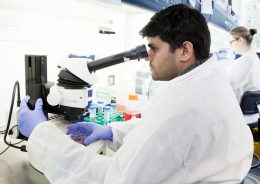
Tiny golden bullets could help tackle asbestos-related cancers
Gold nanotubes – tiny hollow cylinders one thousandth the width of a human hair – could be used to treat mesothelioma, a type of cancer caused by exposure to asbestos.Read more
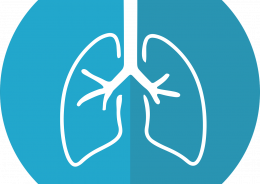
‘Mini-lungs’ reveal early stages of SARS-CoV-2 infection
To better understand how SARS-CoV-2 infects the lungs and causes disease, a team of scientists from the UK and South Korea turned to organoids – ‘mini-organs’ grown in three dimensions to mimic the behaviour of tissue and organs.Read more
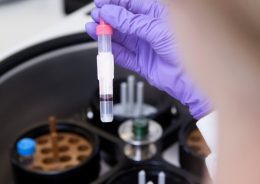
Supporting research at Cambridge University Hospitals
As the COVID-19 situation develops, research staff at CUH continue our support of COVID-19 research studies, including Urgent Public Health Studies (UPH), while maintaining safe recruitment to existing open studies. Read more

Early care for people with psychosis supports recovery
A study with an early intervention mental health service has found that sixty percent of people cared for in their first episode of psychosis recovered well.Read more
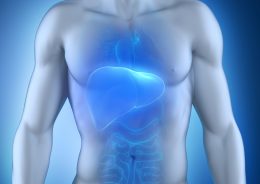
Funding award to develop minimally invasive tools to improve cancer surgery
A device to help treat tumours in the liver has received a £1 million Government grant.Read more
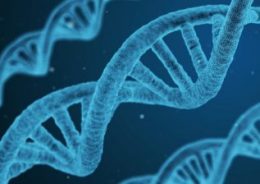
New model predicts oesophageal cancer eight years early for one in two patients
DNA from tissue biopsies taken from patients with Barrett’s oesophagus – a risk factor for oesophageal cancer – could show which patients are most likely to develop the disease eight years before diagnosis.Read more

Gold medal for Professor Gordon Dougan
Professor Gordon Dougan has been awarded the Albert B. Sabin Gold Medal. The award is given to a distinguished member of the global health community who has made extraordinary contributions to vaccinology or a complementary field.Read more

Transgender and gender-diverse individuals are more likely to be autistic and report higher autistic traits
Transgender and gender-diverse adults are three to six times more likely as cisgender adults to be diagnosed as autistic, according to a new Cambridge study.Read more
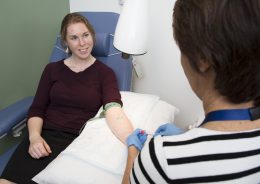
New NHS service enables people to sign up to be contacted for COVID-19 vaccine studies
A new NHS service has been launched, helping people across the UK sign up for information on the new COVID-19 vaccine trials.Read more
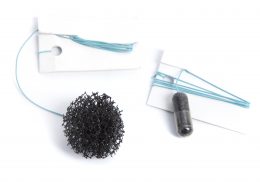
Sponge on a string test to transform oesophageal cancer diagnosis
A ‘sponge on a string’ pill test can identify ten times more people with Barrett’s oesophagus than the usual GP route, according new research. Read more
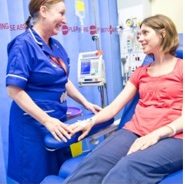
New funding boost to speed up diagnosis in oesophageal cancer
Cambridge will lead on improving early detection in oesophageal cancer as part of a Government backed projectRead more
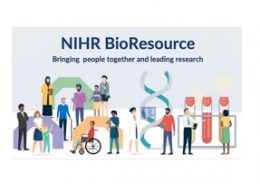
National research platform launches new website
The address is the same, but the next time you visit the NIHR BioResource website, you’ll see it has a brand new look, ready for researchers and the public.Read more
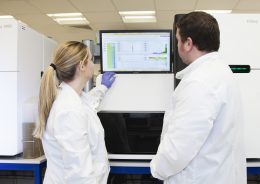
Phased re-start of non-COVID-19 research
In line with NIHR guidance, we are beginning the process of phased re-opening of some non-COVID-19 research studies, while maintaining our contribution to local and nationally prioritised urgent public health studies for COVID-19.Read more

POPStar study launches to investigate how pregnancy data can predict future health
A new study from the Departments of Obstetrics & Gynaecology and Paediatrics at the University of Cambridge is investigating how conditions in the womb can predict the future health of mothers and their children.Read more


